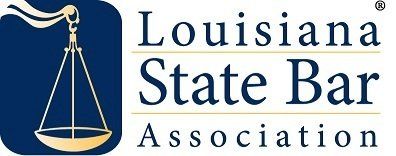Almost every insurance policy has a provision requiring you to appear for an Examination Under Oath (“EUO”). This is one of your many post-loss duties.
An EUO is a formal proceeding conducted by an attorney hired by the policyholder’s insurance company in front of a before a court under oath. Like a deposition, the statements you make under oath at an EUO are admissible in a court of law. You do, however, have the right to have an property damage attorney present but the policyholder’s property damage attorney may not ask questions and may not raise objections. This is the primary difference between an EUO and a deposition.
An EUO under a property damage insurance policy is known as a condition precedent. This simply means that you must comply with the terms in order to obtain coverage for the loss. Note that if you refuse to comply with any condition precedent, your insurance company may deny your claim even if the loss Is otherwise covered.
In addition, your insurance company may take the EUO of anyone who qualifies as an insured under the insurance policy. This includes other members of your household, or in the context of a commercial property damage insurance policy, this potentially includes other partners. Your insurance company also has the right to examine you separately. For example, if you and your spouse are both insureds under the policy, you cannot sit in on each other’s EUO.
Furthermore, your insurance company may request that you produce documents pertinent to the claim either before or at the time of the EUO. If you fail to comply with their requests, they can use it as a basis to deny your claim.
The scope of a EUO is broad. It’s purpose is to allow your insurance company the opportunity to gather information from you regarding the facts, circumstances, and amount of a loss. Often times, however, it is frequently used as a means to justify denying your claim. So it is imperative to consider consulting with an experienced insurance property damage attorney before agreeing or refusing to be examined under oath.
The post What you need to know about an Examination Under Oath (EUO) appeared first on AEGómez, PC.




